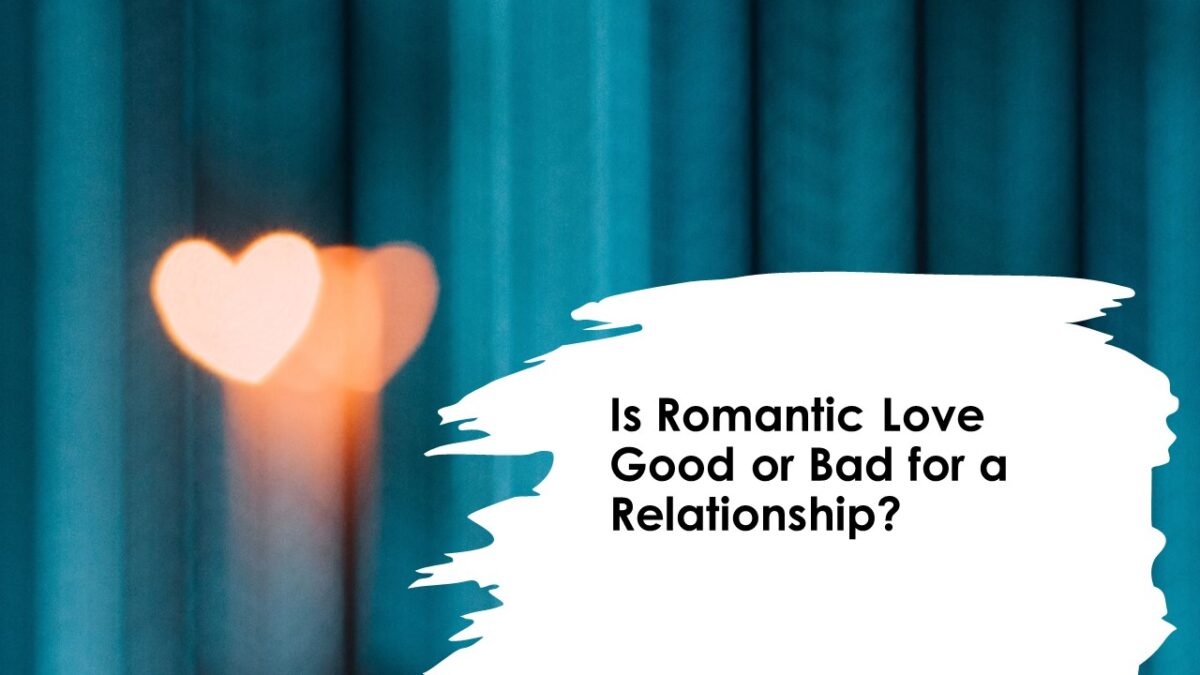Romantic love elevates our relationship and makes it romantically beautiful. Nevertheless, romantic love can hide some perils of disenchantment and disappointment. This is why cultural attitudes toward romantic love differ over time and across cultures (Karandashev, 2017).
What are the perils of romantic love? Do the benefits outweigh the drawbacks? Let us take a closer look.
Advantages and Positive Consequences of Romantic Love
The idealization of a partner and relationship in love is natural and probably inevitable, like the idolization of artistic, musical, and political idols. For optimistic people, idealization is natural. So, this might be due to their personality traits.
A moderate degree of idealization can be good for satisfaction and happiness in dating and marital relationships. Those lovers who idealize their partners while their partners idealize them are happier in their relationships (Murray et al., 1996a and 1996b).
Romantic idealization in love makes women’s and men’s relationships beautiful, charming, inspirational, and optimistic. Romantic love gives their mating, dating, and marriage meaning. It inspires a lover’s hope for his or her personal growth and encourages the possibility of their individual changes (Swidler, 2001).
Such motivation, however, may not be as common as one might expect.
Possible Benefits of Romantic Idealization, along with Caveats
“Individuals who integrate a partner’s virtues and faults within compensatory “Yes, buts . . .” are actually involved in more stable relationships than individuals who compartmentalize their partners’ faults, leaving pockets of doubt.”
(Murray et al., 1996b, p.1179).
A romantic lover perceives the partner’s faults with a bright glow. Such romantic perception is conducive to the lover’s constructive motivation. The feelings of optimism and security help them overcome challenges in the relationship. Such romantic idealization can serve as an effective buffer and resource for their generosity and goodwill, preventing their complications in everyday hassles (Murray et al., 1996a).
“Relationships persisted, satisfaction increased, conflicts were averted, doubts abated, and personal insecurities diminished when individuals idealized their partners and their partners idealized them. Thus, lasting security and confidence appear to depend on intimates seeing the best in one another—overlooking each other’s faults and embellishing each other’s virtues.”
(Murray et al., 1996b, p.1178).
Is Romantic Love Blind or Prophetic?
Can sincere romantic love be motivation for personal growth? The inspiring idealization of romantic minds can provide a great opportunity for transformation for both a lover and the beloved. Surely, the perils exist that a lover is more likely to wish their beloved to change. This can work if the beloved
- is personally aware of it,
- wants to change himself or herself for the better,
- wants to meet the lover’s high expectations.
It is possible that the beloved cannot or does not want to change.
This romantic attitude is just the opposite of a realistic love attitude: “Accept me as I am.” The positive romantic illusion in a relationship is optimistic and can work in a self-fulfilling way. They can be a leap of faith rather than a perceptive fault. It is likely that partners who idealize each other are prescient, rather than blind (Murray & Holmes, 1997; Murray et al., 1996b).
What If the Beloved Wants to Become a Better Person?
The lover may want to become a better person for the sake of the beloved. Romantic love inspires him or her with a motive for self-development. Instead of the humanistic attitude “accept yourself as you are” or the realistic attitude “be yourself” and “accept me as I am,” romantic love encourages a person to develop himself or herself. Romantic love provides an aspiration to grow personally. As the Russian writer Mikhail Prishvin (1873–1954) once noted,

